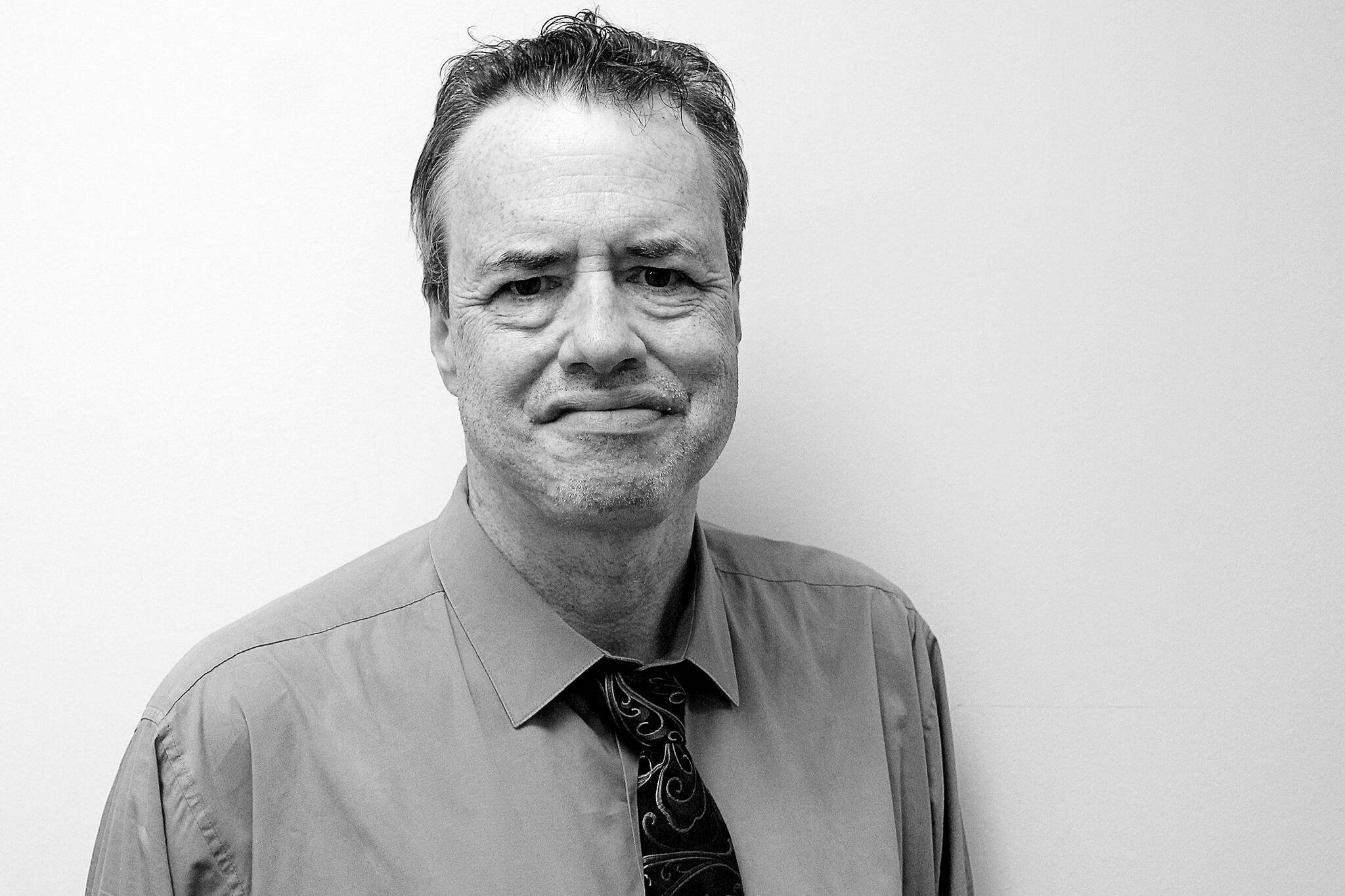Neurologists tell us that human beings lay down fresh connections in their brains when they learn new things.
That has always seemed to me a clean clue to what we need — and at least part of the answer to why we’re here on this planet.
When I find myself settling into a mindset, no longer willing to consider other approaches, but only to defend mere opinions with the heat and ferocity of dogma, I realize that I am headed for a ditch.
The need for “moving on” is true not only of individuals, but also of hide-bound organizations and civilizations.
Time to lay down some fresh neural pathways.
I never want to get to a state again where I dismiss any possibility I could be wrong, or refuse to acknowledge that my way is no longer working. Being pigheaded has never done me or anybody else a spot of good. And it is depressing to find so many people today who’ve convinced themselves against all evidence that they know it all, that they are never wrong, when it’s blindly apparent to all onlookers that they do not, in fact, know it all. To grow old in such a position is among the chief possible evils of life.
Someone — I have forgotten who — long ago described a boor as, “Someone who deprives us of our solitude without providing companionship.” I find that to be true of the close-minded. There’s no talking with them. All that remains is to be talked or shouted at.
The 19th century French philosopher Henri Bergson wrote about the capacity of what he called the elan vital to fire creative responses to natural and societal challenges. Historian Arnold Toynbee picked up on that theme in his monumental “Study of History,” where he contrasts the ancient Greek gods Zeus and Prometheus.
In the version of the myth Toynbee cites, Zeus chains Prometheus to a rock where eagles gnaw at his liver because he knows Prometheus possesses a secret that is vital to his survival at the top of the Greek pantheon, but won’t tell him what it is. That secret is that Zeus cannot sit satisfied on his throne and do nothing: if he does, the same fate that allowed Zeus to overthrow his predecessors, the Titans, among them his own father, will overtake him as well.
In Toynbee’s account, Zeus represents the static tendencies in history hindering the elan vital, and the latter the progressive tendencies made possible by creative responses to challenges. For civilizations to continue to flourish, he argues, there must be, in the repetitive rhythm of conservation and progression, an elan that upends the equilibrium and inspires fresh responses.
How many of us have worked for institutions where we heard, We’ve always done it this way and we aren’t changing? A number of old American businesses have foundered on those very words.
When I look at the world, I see many serious challenges that now confront the human race: climate change, factionalism, overpopulation and poverty, to name only a few.
These problems demand creative responses. Quiet platitudes of the past like, “We’ve always done it this way” will no longer do, not when the way we’ve been doing it is no longer working. Time for the collective brain to lay down new pathways.
Robert Whale can be reached at rwhale@soundpublishing.com.


